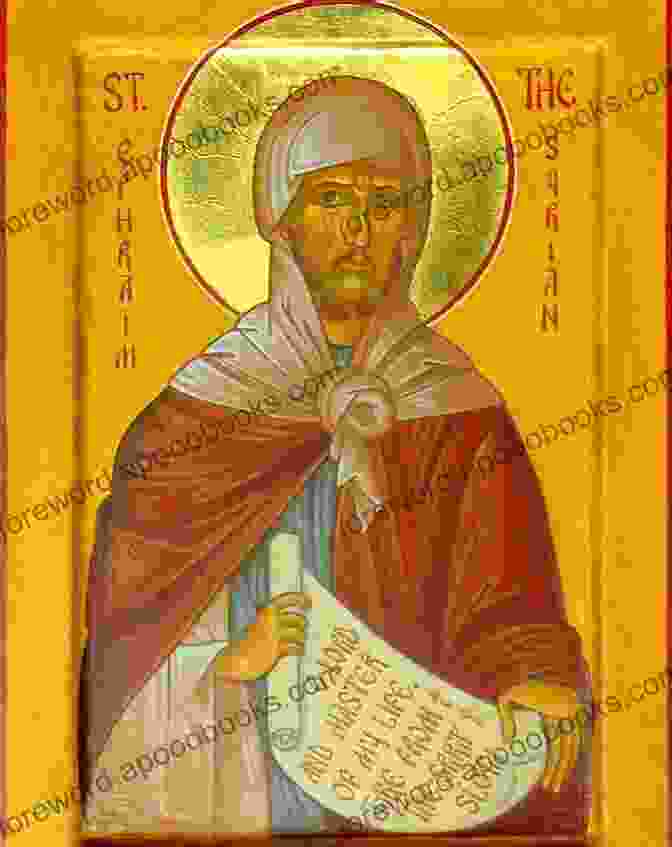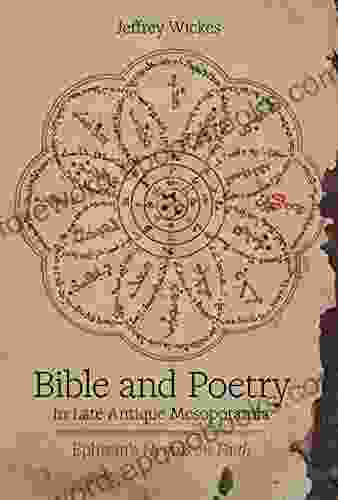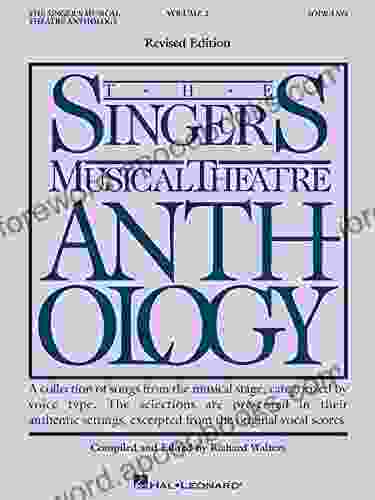Step into the hallowed halls of late antiquity and immerse yourself in the profound hymns of Ephrem the Syrian, a renowned theologian and poet of the Eastern Church. His Hymns on Faith offer an unparalleled window into the vibrant tapestry of Christian belief and practice during a transformative era.
Ephrem the Syrian: A Pillar of Early Christianity

Ephrem, born in the 4th century in Nisibis, Syria, emerged as one of the most influential figures in the history of Christianity. His mastery of Syriac, the literary language of his time, coupled with his deep theological knowledge, enabled him to craft hymns that both captivated the hearts and enlightened the minds of his contemporaries.
Ephrem's hymns are particularly renowned for their lyrical beauty and profound insights into the nature of faith. His exploration of the relationship between God and humanity, the incarnation of Christ, and the power of the Holy Spirit has left an enduring legacy on Christian thought and practice.
The Hymns on Faith: A Tapestry of Belief
In his Hymns on Faith, Ephrem weaves a rich tapestry of theological themes, inviting us to contemplate the fundamental truths of the Christian faith:
God's Triune Nature
Ephrem extols the majesty of the Triune God, consisting of the Father, Son, and Holy Spirit. He emphasizes the unity and interdependence of the three divine persons, yet simultaneously recognizes their distinct roles in the unfolding drama of salvation history.
The Incarnation and Crucifixion
Through his hymns, Ephrem vividly portrays the transformative event of the Incarnation, where the Son of God became flesh. He explores the mystery of Christ's divinity and humanity, his suffering and crucifixion, as the ultimate act of love and redemption.
The Power of the Holy Spirit
Ephrem assigns a central role to the Holy Spirit in the Christian life. He speaks of the Spirit's illuminating power, guiding believers into truth and understanding. He also highlights the Spirit's role in the sacraments, particularly Baptism and Eucharist.
The Historical Context of Late Antiquity
To fully appreciate the significance of Ephrem's Hymns on Faith, it is crucial to understand the historical context in which they were written. Late antiquity was a period of profound change and upheaval, marked by the decline of the Roman Empire and the rise of new religious movements.
In the midst of such turmoil, Ephrem's hymns provided a beacon of stability and comfort for beleaguered Christians. They offered a clear articulation of the faith, rooted in Scripture and tradition, amidst a world that was rapidly changing.
Modern-Day Relevance
Ephrem's Hymns on Faith, though written centuries ago, continue to resonate deeply with Christians today. They offer:
- A Deepened Understanding of the Faith: Ephrem's hymns provide a profound exploration of the core tenets of Christianity, helping us to deepen our own understanding of the faith.
- A Renewed Sense of Worship: The lyrical beauty and devotional nature of these hymns inspire a renewed sense of awe and wonder in our worship.
- A Source of Comfort and Strength: In times of uncertainty, Ephrem's hymns offer comfort and strength, reminding us of the steadfast presence of God.
Ephrem the Syrian's Hymns on Faith stand as a testament to the transformative power of Christian belief. They offer an invaluable glimpse into the heart and soul of Christianity in late antiquity while continuing to inspire and uplift believers today. Through these hymns, we can connect with the rich heritage of our faith, deepen our understanding, and experience the eternal truths that have guided Christians for centuries.
As we journey through the complexities of modern life, let us draw wisdom and inspiration from Ephrem's timeless hymns. May they guide us towards a deeper faith, a renewed sense of worship, and an unwavering trust in the enduring love of God.


























































































